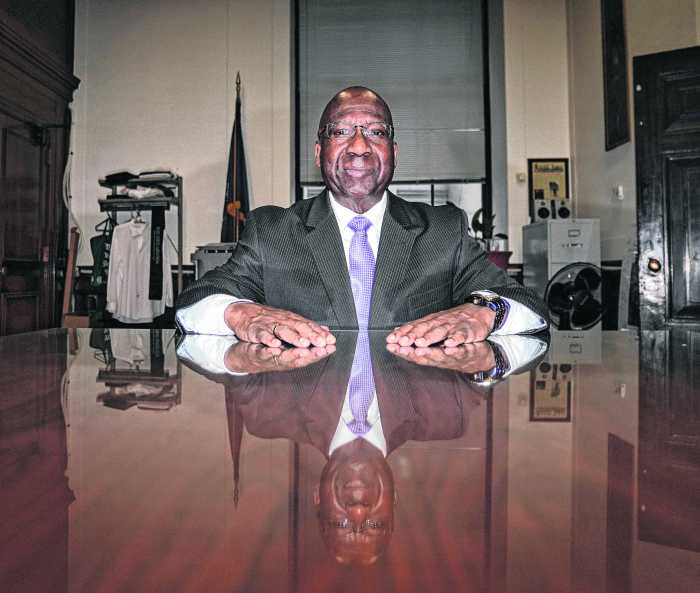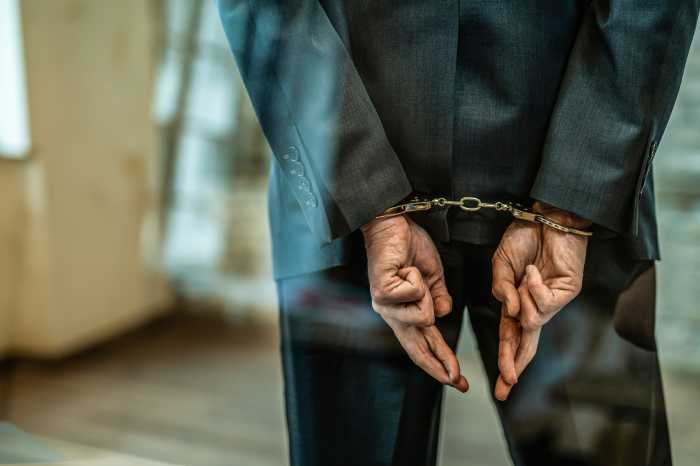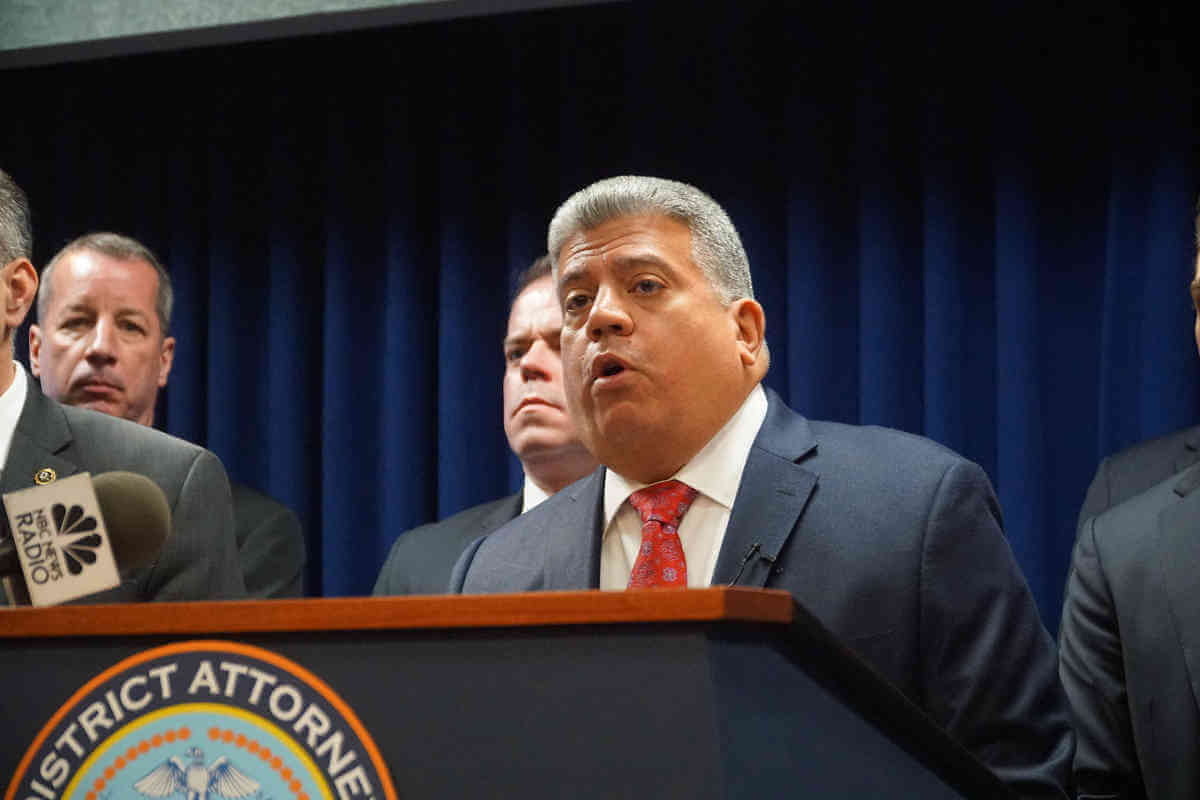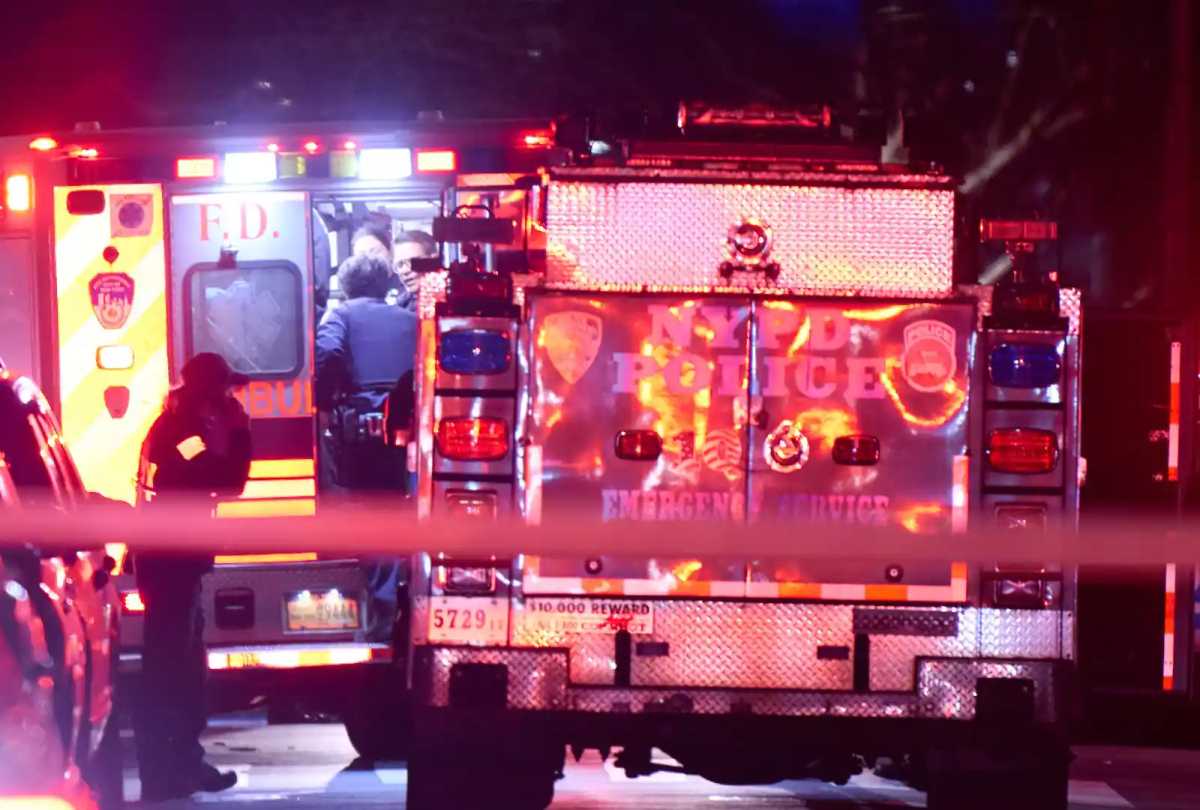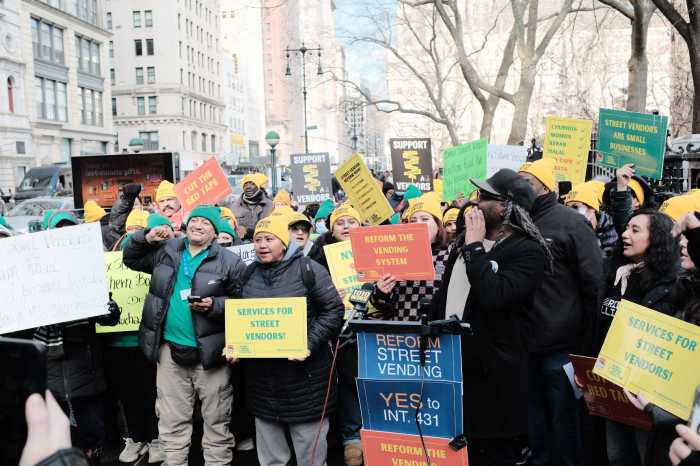The offices of the County Clerks are likely unfamiliar to most New Yorkers, yet they are crucial to the function of New York’s sprawling court system and vital to the administration of the legal and government process in all 62 counties.
New York City has five county clerks, one for each borough.
Nancy Sunshine, who has served as Kings County Clerk since 2005 and also leads the New York State Association of County Clerks, said she essentially wears three hats: “the clerk of the Supreme Court, the clerk of the county and the commissioner of jurors.”
County clerks are the custodians of all Supreme Court records. Cases in Supreme Court begin with filing what are known as “commencement papers” in the county clerk’s office, Sunshine said. Documents filed as the case progresses, even if they are filed with the Supreme Court directly, also end up in the county clerk’s office. Of great importance to litigants is the recording of final dispositions of cases, including jury verdicts. As New York County Clerk Milton Tingling noted: “You can go and have a jury find in your favor and render a verdict of $100 million. You’ll never see a dime of it until the county clerk enters the judgment.”
The other three county clerks in New York City are Audrey Pheffer in Queens, Ischia Bravo in the Bronx and Stephen Fiala in Staten Island.
The city’s five county clerks have a slightly different portfolio of responsibilities than their colleagues in the rest of the state. In addition to the three central roles Sunshine enumerated, county clerks outside the city are agents of the Department of Motor Vehicles and handle deeds, mortgages, uniform commercial code (UCC) filings and federal tax liens. The only county clerk in the city to handle some of those duties is the Richmond County, or Staten Island county clerk.
County clerks in the city are appointed by the Appellate Divisions. The First Department appoints clerks in Manhattan and the Bronx, and the Second Department chooses the Kings, Queens and Richmond clerks. County clerks outside the city are elected.
Wide Range of Documents
Among the New York City county clerks’ tasks are handling judgments and liens, that show, for instance, “whether a lawsuit has been commenced that would affect title to real property, whether a lien has been filed against a property, or whether a judgment has been entered by the courts,” according to NYCourts.gov site.
They also process business certificates that pertain to sole proprietorships, partnerships and nonprofits. The county clerks also administer licenses for notary public commissions; they serve as the federal government’s agent for passport services; they authenticate documents; and provide certified copies of records requested by the public.
“I am the custodian of those records, I certify those records, and if certain records are fee based, I am required by law to collect that,” Sunshine said. “The documents that are filed with us [represent] people’s lives. So, I take very seriously the importance of my office running efficiently and on time.”
Sunshine has served as Brooklyn’s County Clerk since 2005.
The New York County clerk’s office also houses historical files, including the record of The King vs. John Peter Zenger (1735); Aaron Burr’s indictment (1804) and divorce (1836); the condemnation of Central Park (1853), the antislavery case Louis Napoleon vs. Jonathan Lemmon (1858), and Irving Berlin’s name change (1911).
In a role that is perhaps more familiar to most New Yorkers, the county clerks are also the Commissioners of Jurors. The offices are responsible for compiling and maintaining the list of eligible jurors and coordinating their participation in trials. They manage and oversee jury selection for all courts within their counties, including Supreme Court, Civil Court and Criminal Court. They also lead grand jury selection for criminal cases.
Sunshine pointed out that there is often confusion about exactly what the county clerks are in charge of. “As important as knowing the function of the Kings County Clerk, is knowing what we don’t do,” she said.
Those areas include processing birth and death records, which are handled by the New York City Department of Health; marriage licenses, which are handled by the New York City Clerk; and city certificates of residence, which the New York City Comptroller administers.
Read More: https://www.amny.com/law/




